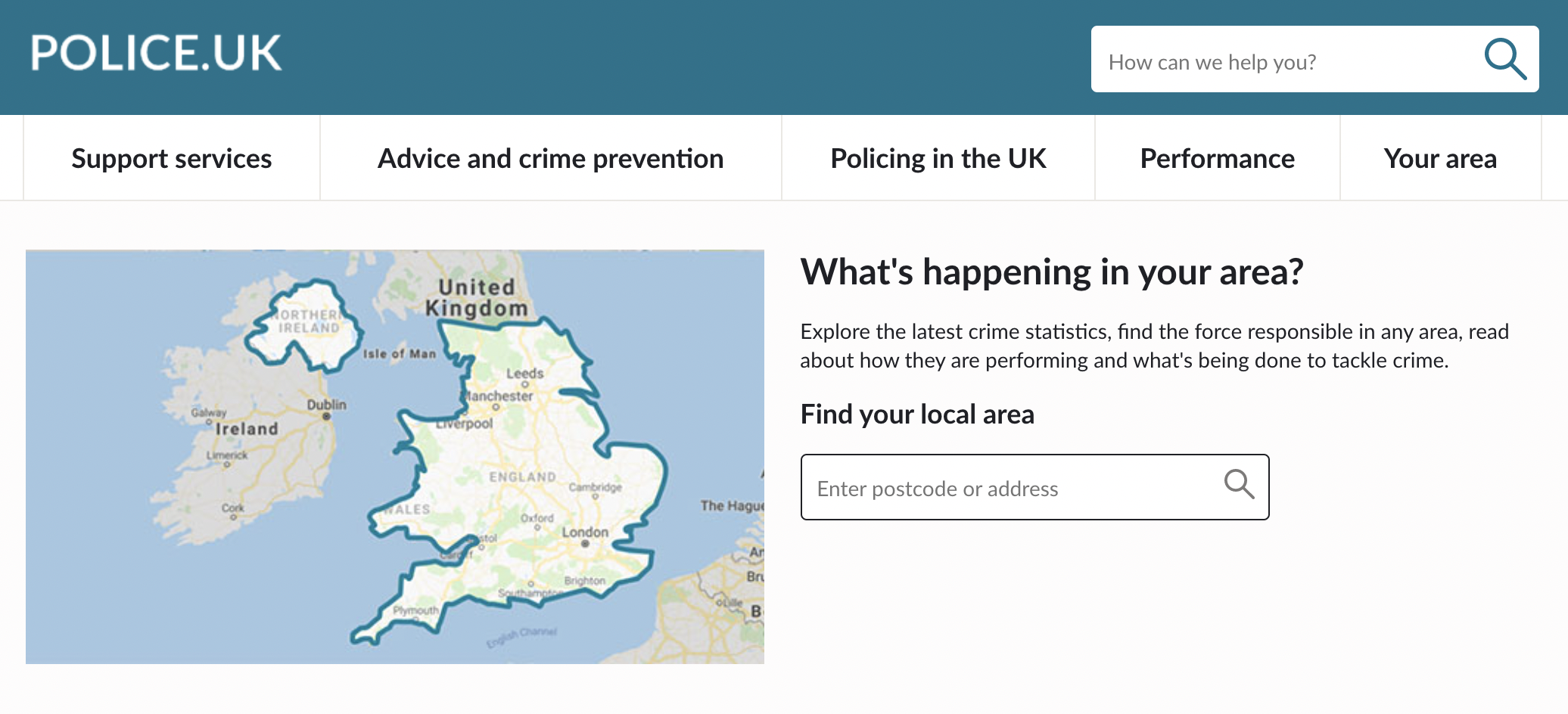In part one of this blog, I talked about our journey here. It explains why I am so hopelessly fucked off with the current state of affairs and details my relationship with Policing. I’m not some confused yuppie, I’m not an anarchist that hates the Police. I am just frustrated that everything myself and my team have devoted so much time to over the past decade could be for nothing if we don’t wise up to this dangerous game quickly.
The Current System
I’ve followed Action Fraud for a while and if you think I am going to waste my time in this blog whinging about how Action Fraud send most reported crime into a black hole you are right, I am. They have millions of pounds at their disposal and what have they done with it? Is it working?! We have seen reporters go in and covertly expose them for what they are – just a call centre. We have seen complaint after complaint highlighting some blatant failings. These two women tracked down a scammer for them and they couldn’t even support the pair when they went around the scammer’s house to ask for their £239,000 back. The reality is our sole reporting mechanism for reporting fraud is a farce. No other word comes close to detailing what they are then a conspiracy – they are doing a conspiracy, a secret plan by a group to do something unlawful or harmful. What is it I think they are doing? I think they have designed a system that effectively turns crimes into intelligence reports which can then be shelved by other forces. They have created a way to ignore crime reports. Is it a secret – yes, the majority of people don’t know. Is it harmful – yes, people are directly affected by these actions. It’s a conspiracy.
Statistics & Intelligence
Well you can’t have a blog post critiquing the system without even acknowledging some of the strengths, it may not be in actually getting the bottom of the reported crimes but they are amazing at stats. Modern policing is awash with numbers, localised crimes reports, league tables. Have a look at the bar charts they spend so much time on and you can see various meaningless metrics. If you find the data inadequate, don’t worry because they will be chucking millions at the system in the next few months which will fix everything I am sure.
We have grown bonds with some Police officers through our work and we have seen them go into the private sector because they feel the same frustration as us. Disgruntled that the only focus is on the stats, “it’s not how bad we are at policing or how many criminals we convict, it’s the numbers, can we get the numbers right month on month.”
How did the Police decline into this mess? did they fail us or did crime outgrow the last good people defending us? I wanted to see just how bad it was and one morning last week went and found an online crime and reported it. The experience was bizarre.
Reporting a Crime
There were quite a few similarities with reporting a fraud. They asked if I had reported the crime to the company that is facilitating the crime… if an online crime was treated as real crime, how stupid would that sound? In the reporting process there is no serious effort to penalise the user selling the drugs, the website hosting the advert or the purchaser.
Imagine I started a website and a considerable amount of people were breaking the law on it, after years of court cases and public trials it was seen that I wasn’t taking the issue seriously and users were a quick search away from illicit items. Would I be prosecuted? What exactly is the difference between the Silk Road and Instagram? Why is one seized by the FBI and Mark is allowed to parade around like he is the victim? Can you imagine reporting Ross Ulbricht and getting told to forward your concerns to their abuse team? The process of reporting is broken and the Police are just nodding along with it all at this point.
Let me take you back to the very start of Part 1 quickly, the Sorities principle. If you have one innocent website with no crime on that platform and slowly but surely you add single crimes to it, at what point does it become a crime site.
Has anyone debated when websites like Instagram will be equally as problematic as sites like Silk Road, at what point is the line crossed? As the Sorites principle states at what point does an innocent social media website become a flaming heap.

Actions & Consequence
As we see an increase in the seriousness of online crime, we have to prevent that ‘frog-boiling’ moment as the tipping point passes us by. This year has seen catastrophic ransomware events leading to closures of normal businesses. It’s no longer a sophisticated and complex crime in some faraway country – it’s affecting your local stores and businesses. If we had any dreams about large scale Wannacry style events going away, we can definitely forget them now.
We are seeing the same processes used by the Police to start to turn away other crimes, the desk flip point for myself was hearing that Lancashire Police would stop taking reports from Paedophile hunters. OK, I can understand officers can’t get to every shed burglary and insurance has its place. I have sat by quietly as ActionFraud placates victims to free up resources, but this is inexcusable. How could they now ignore reports from people that bring violent sexual crimes directly to them? The complaints could be from absolute nutcase vigilantes, if so look at them and judge the report in isolation. They could also be from knowledgeable people trying to help. The real reason though I suspect is that taking the report on and logging it in the system will mean they have X number of unsolved cases on their precious dashboard at the end of the month. Enough is enough.
Blame
Funny old world isn’t it. Ten years pass and you are back to shouting “why don’t you go and get the real criminals” at the Police. Albeit now I am more middle class and have educated myself on the complicated and multifaceted world of the legal system. I think I understand it all a lot better.
I must thank people like @BarristerSecret who have highlighted the flaws with the judicial system as a whole, without them you could not progress from the uneducated version of “go and do something.” Authors like Nick Pettigrew also help people understand the bigger issues with society in titles like Anti-Social – the diary of an anti-social behaviour officer.
Blame is needed, someone needs to be held accountable for this mess and I just can’t place the rosette on the Police for all of it.
My experience of working closely with Police has been a rewarding one, I have grown to see them as making the best of a bad situation. It’s easy to forget that these people are just that, people. Societies problems hit them in the face when they clock on and clock off just like the rest of us. They don’t spend their careers writing angry blogs, they go to work and place themselves in harm’s way for some greater good. I still have unwavering support for them.
So who then? The blame game is easier the higher up the chain of command you go.
Blame should lie with the Home Office, the UK Government and the pen-pushers who think it doesn’t affect society if they cut the numbers of Police, or scrimp and save when it comes to giving Police an adequate budget from our tax money. We should join others in showing the cracks in our antiquated legal system. HM Courts & Tribunals Service is failing us all.
We should blame them all for the shortsightedness of sending 250 cases of fraud a month to a local Police force that has 2 spare officers to look at them all.
To Conclude
If we don’t alter our trajectory, online crime will start to impact our daily lives in ways we have yet to truly comprehend. I feel we are very much at that precipice globally. We have the luxury of turning off our mobile phone, disconnecting from the web and being surrounded by normality. But this isn’t the case for everyone, the victims who await some kind of justice have already lost this privilege disconnecting from the internet only helps them see the poverty after a fraud, or the broken heart after a romance scam. Online crime is very real to the people it touches.
We must do more to hold criminals accountable, if we give up on this endeavour we quickly slide into lawlessness. Private business is bringing these people together socially and there should be the some responsibility for this, a relationship with Police to support them to do what needs to be done. If a football ground has to co-ordinate with Police and contribute to keeping 30,000 fans safe on a match day, why can Instagram bring one billion users together and treat online crime as an afterthought.



